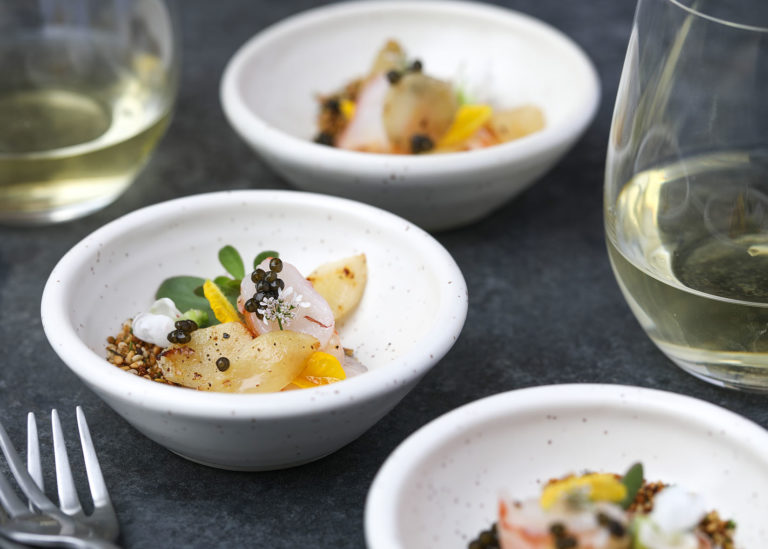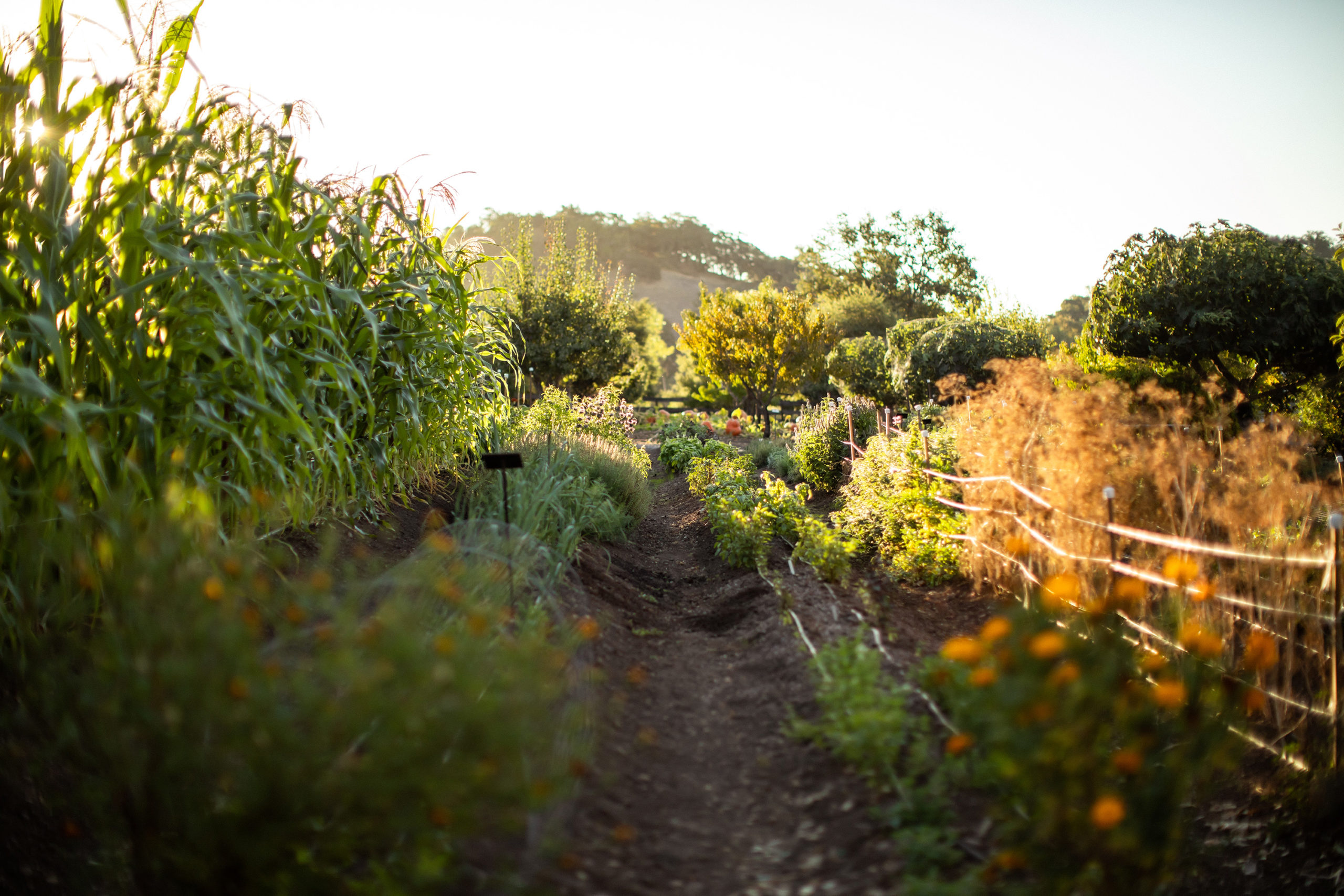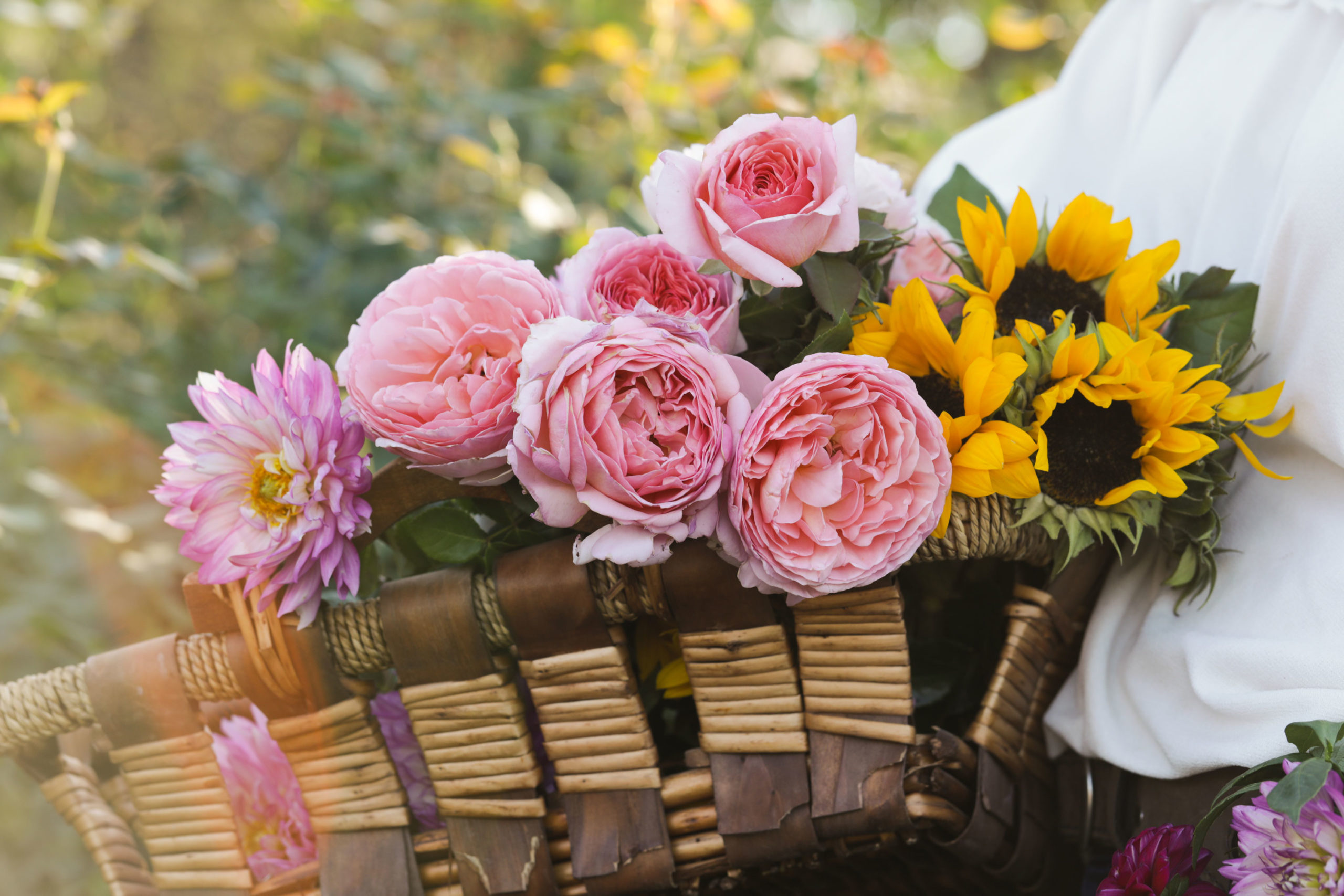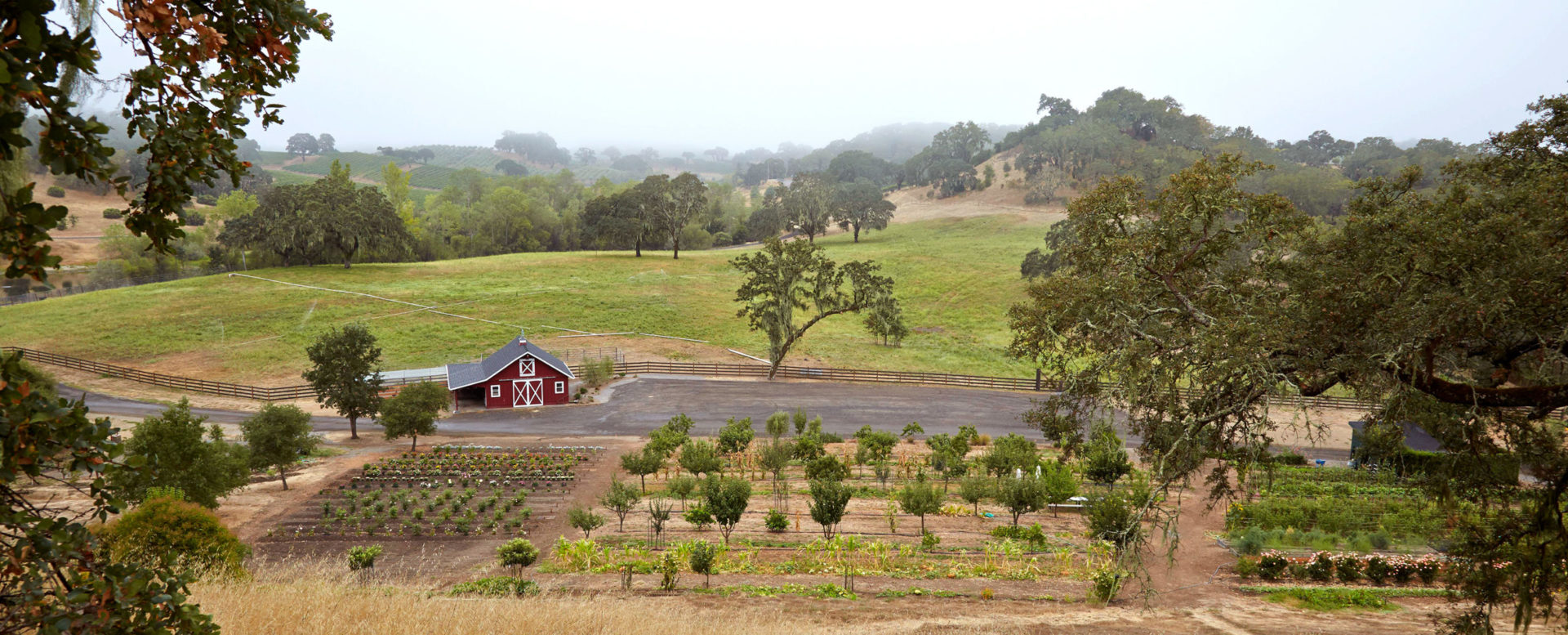


Guests who walk through the winery garden on the Estate Tour & Tasting and Vineyard Hikes experience all of the vivid sights, tastes and smells of this special place.

Situated on a hillside behind the Chateau, the Jordan Winery garden is the heart of our culinary program. Our inspiration for every Tour & Tasting hors d’oeuvre pairing and every Jordan Estate Rewards meal begins at this nearly two-acre plot.

